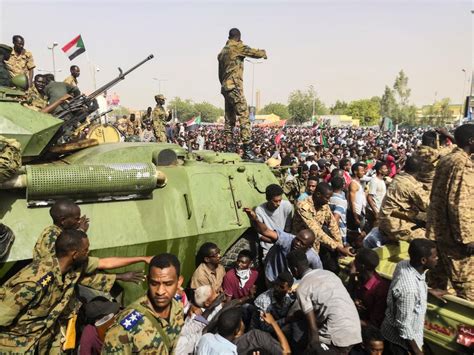‘More than half of Africans express a willingness to tolerate military intervention “when elected leaders abuse power for their own ends,” even though two-thirds reject institutionalised military rule. While Africa’s youth differ little from their elders in their support for democracy, they express a greater willingness to tolerate military intervention,’ the survey revealed.
The data shows that economic hardships, political instability, and lack of trust in democratic processes are driving this sentiment. For example, in countries like Guinea and Mali, recent coups were partly fuelled by widespread dissatisfaction with the ruling regimes’ failure to deliver on economic and social promises.
Experts argue that the survey’s findings reflect a broader disillusionment with democracy in Africa. ‘In places where governments are seen as corrupt and ineffective, the military is often perceived as a necessary corrective force,’ says Paul Nantulya of the Africa Centre for Strategic Studies.
The trend is concerning for proponents of democratic governance. According to the United Nations Development Programme (UNDP), the support for coups underscores the urgent need for effective governance reforms to restore faith in democratic institutions.
This survey’s results come at a time when the continent has witnessed a series of military takeovers. Since 2020, countries like Sudan, Chad, and Guinea have experienced coups, each justified by the coup leaders as necessary to save their nations from corrupt civilian rulers.
The rising support for coups highlights a significant challenge for Africa’s democratic future. It calls for urgent reforms to address governance issues and improve the living conditions of the populace to prevent further erosion of democratic norms.



